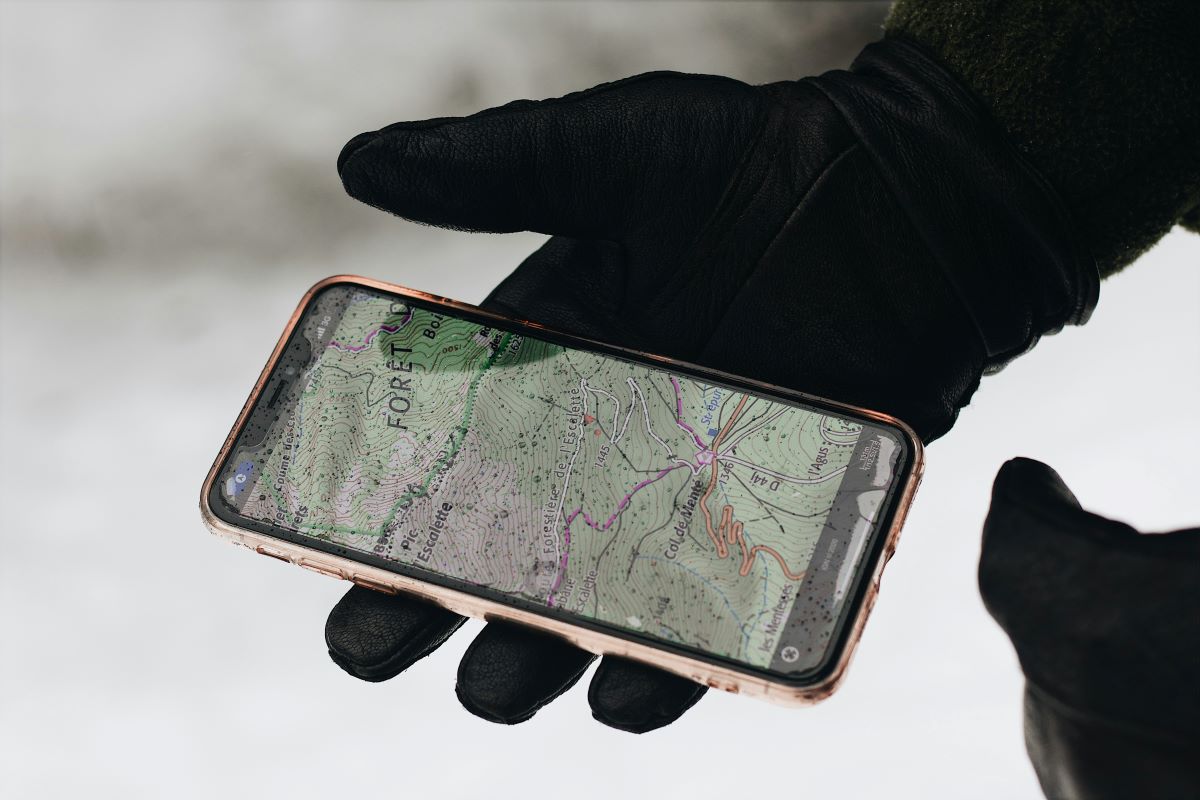
|
After college, Peter Berg moved to Los Angeles to become an actor, rising to fame in 1995 on the CBS medical drama Chicago Hope.
It was in 1997, on the set of the movie Copland, that Peter set his intention on directing. As he explained during an interview on the SmartLess podcast, Peter was in a scene with Sylvester Stallone, Robert De Niro, and Ray Leonard waiting to deliver his one line in the script, wondering, “What am I doing with my career?” And then he noticed the director, James Mangold arguing with Stallone and questioning creative direction with De Niro and Leonard. As Peter remembered the moment, “The director was alive! He had energy coming out of him!” At lunch, Peter walked up to Mangold, whom he did not really know, and asked earnestly, “How do I get your job?” Instead of feeling threatened by Peter’s eagerness, Mangold welcomed it! He didn’t patronize or ridicule Peter. Instead, he conspiratorially shared his strategy with Peter. Mangold said, “You’ve got to write. I use notecards to start writing the scenes and outlining the script.” So, Peter did just that to craft the script for Very Bad Things, which launched his debut as a feature film director. Similarly, when nurse manager Mervin Francisco-Passarella set his aspirations on becoming a Chief Nurse Executive (CNE), he gave voice to that vision by sharing it with his leader. Mervin emphasized, “I admire the way you lead. I want to serve in a similar position someday.” Mervin’s vulnerability, coupled with respect, invited the mentoring he needed from his boss. In many conversations over the years, they explored Mervin’s winding path to the CNE role. He continued to show up as mentor-able, allowing various leaders to show up as mentor-ful. In November, Mervin was promoted to Chief Nurse Executive. When we let people know where we are headed and that we could use some guidance, it summons – even inspires – their contributions. The welcome mat for mentoring! Before GPS became our copilot, we often stopped strangers to ask for directions. Doing so was an outright admission that we needed help on our route. Today, while we are more efficient with our navigation, technology shortchanges that human connection. Even strangers extend encouragement, nuanced guidance, and personalized, lived experiences. But only when we point to a destination. © 2025. Ann Tardy and MentorLead. www.mentorlead.com. All Rights Reserved. |
